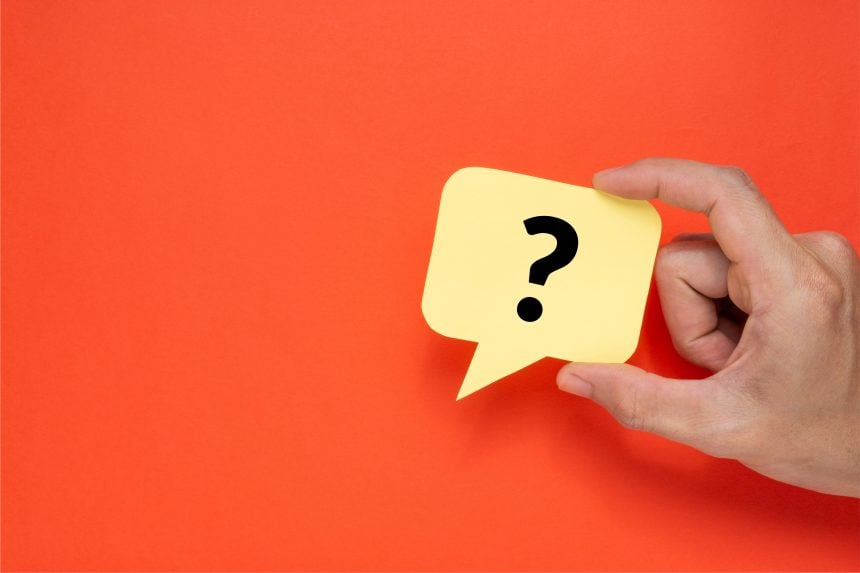ADHD is everywhere, right? It’s in the news, on social media, in casual conversations.
More people than ever seem to be diagnosed; kids, teenagers, and adults who spent years wondering why they struggled with focus, organization, or impulsivity.
But with this increase in diagnoses, a common question keeps popping up;
Is ADHD being overdiagnosed?
It’s a fair question, however, the answer isn’t a simple yes or no.
More Awareness, Not More ADHD
It didn’t suddenly appear in the last decade because of social media influence or changes in modern parenting.
It’s been around for centuries.
The first documented cases in the medical literature were as far back as the 1700’s. Although it went by different names, our understanding of ADHD has evolved dramatically.
For a long time, ADHD was thought to be just a childhood condition, something hyperactive and disruptive boys “grew out of.”
Girls, often quiet daydreamers and creatives, and adults who struggled with focus and organisation but weren’t disruptive were often overlooked.
The rise in ADHD diagnoses isn’t necessarily due to overdiagnosis.
It’s largely due to better awareness and access to appropriate assessments.
In the past, many people with ADHD simply went undiagnosed or misdiagnosed, struggling through school and work without understanding why.
Now, thanks to better research, changing societal attitudes to mental health and developmental disorders, and more accessible mental health care (including through telehealth), more people are finally getting the help they need.
What Does Overdiagnosis Actually Mean?

To say ADHD is “overdiagnosed” suggests that large numbers of people are being mistakenly told they have it when they don’t.
This would mean that typical behaviours like boredom, distraction, or forgetfulness are being wrongly labelled as ADHD.
While misdiagnosis does happen, research suggests that ADHD is still more often underdiagnosed rather than overdiagnosed, especially in women, ethnic minorities, and older adults.
There is of course some concern that mild attention difficulties or situational stress are sometimes mistaken for ADHD, particularly when diagnoses are made quickly without a thorough evaluation. For example:
- A child struggling to focus due to poor sleep quality, anxiety or learning difficulties might be misdiagnosed with ADHD.
- A burnt-out adult feeling scattered and disorganised from work stress might wonder if they have ADHD after seeing a viral TikTok video.
- A “screenager” constantly on their phone may be experiencing digital sensory overload rather than a neurodevelopmental disorder.
So yes, misdiagnosis happens, and it’s important that ADHD assessments are completed carefully by experienced professionals.
But this doesn’t mean ADHD is being diagnosed too often. Rather, it highlights the need for better evaluations rather than fewer diagnoses.
Social Media: A Double-Edged Sword

Platforms like TikTok, Instagram, and YouTube have played a massive role in raising ADHD awareness.
Many people who missed an early diagnosis, first recognize their symptoms through relatable online content. In some cases, this leads them to seek proper evaluation and treatment.
But there’s also a downside. Social media tends to simplify complex topics, and ADHD is no exception.
Short videos listing “signs you might have ADHD” can make it seem like occasional forgetfulness, procrastination, or zoning out means you have the disorder. This can lead to self-diagnosis, which isn’t always accurate.
That said, ADHD isn’t a trendy label. It is a legitimate, evidence-based diagnosis.
The fact that more people are recognizing their symptoms doesn’t mean they’re being misdiagnosed. It means that awareness is working. The key is making sure diagnosis and treatment are handled professionally, not just based on an online quiz.
So… Is ADHD Overdiagnosed?
The short answer? Probably not but misdiagnosis does happen.
More people are being diagnosed with ADHD, but that’s because awareness and understanding have improved not because ADHD is suddenly more common.
The real takeaway? ADHD assessments need to be thorough, individualized, evidence-based, and performed by qualified and experienced professionals not rushed or based on simple online checklists.
An accurate ADHD diagnosis requires:
- A detailed clinical history, looking at symptoms from early childhood to adulthood
- Assessment of functioning across different settings (work, school, relationships)
- Consideration of other potential explanations (anxiety, depression, trauma, sleep disorders, learning difficulties)
- Input from others; family members, teachers, or colleagues (when appropriate)

Choose Pandion Health for Online ADHD assessment TODAY
At Pandion Health, we take ADHD assessments seriously.
Our experienced team of ADHD specialists understand the complexities of ADHD and how it presents in different people. We don’t just hand out a diagnosis.
We take the time to truly understand your personal experiences and challenges.
Here’s what sets us apart:
- Expert Clinicians – Our team includes specialist psychiatrists, paediatricians, psychologists, counsellors, and ADHD coaches with deep expertise in ADHD across all age groups.
- Holistic Approach – We assess not just ADHD symptoms but other possible conditions that might be affecting attention, mood, or executive function.
- Telehealth Convenience – Access high-quality online ADHD assessments from the comfort of your home.
- Personalized Treatment Plans – If ADHD is diagnosed, we help develop a plan that suits your lifestyle, whether it includes medication, therapy, ADHD coaching, or lifestyle changes.
If someone genuinely has ADHD, diagnosis and treatment is vital and, importantly, can be life changing.
ADHD isn’t just about getting a label, it’s about understanding how your brain works and finding the right support.
At Pandion Health, we are committed to delivering comprehensive, compassionate, and evidence-based online ADHD assessments to help you or your loved ones gain clarity and thrive.
Think you or someone you care about might have ADHD?
Start your journey to clarity TODAY

At Pandion Health, our team of experienced child and adolescent psychiatrists, behavioural paediatricians, psychologists , therapists, and ADHD coaches are here to support you.

